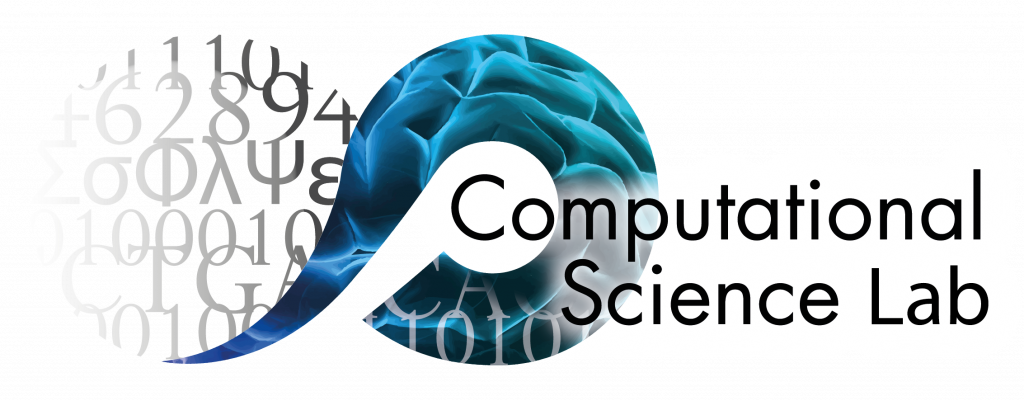Group Mission
We live in a highly connected and strongly coupled world, and are surrounded by a large diversity of complex systems. All these systems have one thing in common: they process information. We aim to understand this information processing in such dynamic multi-level complex systems.
